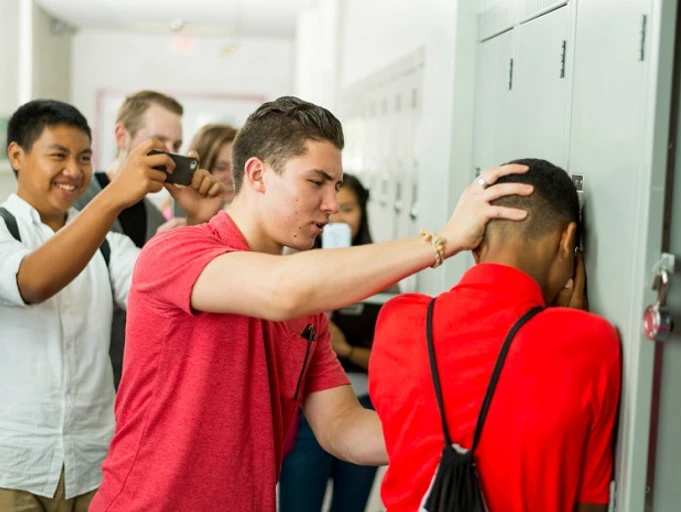Psychological Effects of Bullying
 Bullying is a serious problem that affects millions of students across the globe. It not only causes physical harm, but also has severe psychological effects on its victims. These effects can be long-lasting and can have a significant impact on a student’s mental health, academic performance, and overall well-being.
Bullying is a serious problem that affects millions of students across the globe. It not only causes physical harm, but also has severe psychological effects on its victims. These effects can be long-lasting and can have a significant impact on a student’s mental health, academic performance, and overall well-being.
One of the most significant psychological effects of bullying is increased anxiety and depression. Victims of bullying often feel helpless, hopeless, and alone. They may experience symptoms such as low self-esteem, self-doubt, and a lack of confidence. They may also have trouble sleeping, lose their appetite, and experience physical symptoms such as headaches and stomachaches.
Another psychological effect of bullying is post-traumatic stress disorder (PTSD). This is a condition that can develop after a person experiences or witnesses a traumatic event. Victims of bullying may experience flashbacks, nightmares, and intense feelings of fear, anger, and sadness.
Bullying can also lead to suicide and violence. The stress and trauma caused by bullying can push students over the edge, leading them to contemplate or even attempt suicide. In some cases, victims of bullying may also turn to violence as a means of coping with the pain and suffering they are experiencing.
It is crucial that something is done to prevent suicide and violence among students who are bullied. One way to do this is to encourage students to speak up and seek help. This can be done by providing resources such as counseling services, support groups, and hotlines.
Another way to prevent suicide and violence is to educate students, teachers, and parents about the signs and symptoms of bullying and its effects on mental health. By understanding the problem, we can work together to create a safe and supportive environment for all students.
In conclusion, bullying is a serious problem that affects millions of students worldwide. It not only causes physical harm but also has severe psychological effects on its victims. These effects can be long-lasting and can lead to suicide and violence. It is crucial that something is done to prevent these tragic outcomes. Encouraging students to speak up, providing resources, and education are some ways to help. It is important to work together to create a safe and supportive environment for all students.
